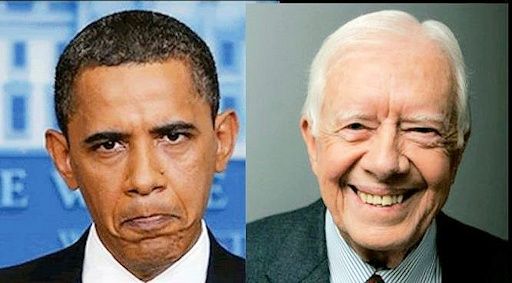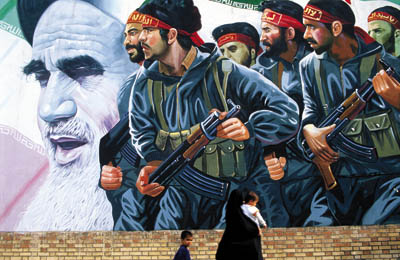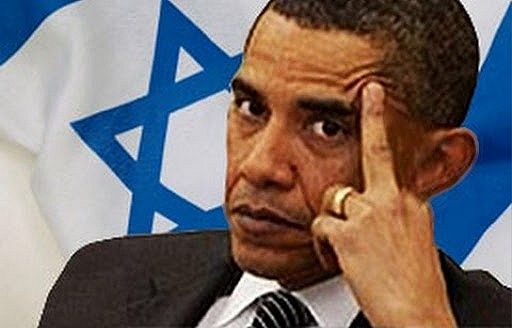If recent news accounts are to be believed, the framework of agreement between the U.S. and Iran is on the rocks. Iran's top officials, Supreme Leader Ali Khamenei and President Hassan Rouhani, are saying economic sanctions must end immediately and that United Nations inspectors will not be granted unfettered access to military installations and nuclear construction sites.
But this may be nothing more than Iranian domestic political spin. And as long as there's a potential deal, a critical point needs to be made: There is no provision for, or even discussion of, putting political restraints on Iran.
That is, there is nothing in this deal that would force Iran to change its terrorist ways. Iran will continue to be the No.1 state sponsor of terrorism in the Middle East, no matter what the deal.
How can this be?
Writing in the Wall Street Journal, Henry Kissinger and George P. Shultz make a crucial point: "Absent the linkage between nuclear and political restraint, America's traditional allies will conclude that the U.S. has traded temporary nuclear cooperation for acquiescence to Iranian hegemony."
Put another way, there could be a U.S.-Iran deal that postpones Iran's nuclear weaponization for 10 or more years. But tomorrow, and the day after, and the day after that, Iran will continue to sponsor its terrorist proxies, like Hamas in Gaza and Hezbollah in Lebanon, keep proxy troops in Syria, continue its efforts to take over Iraq, further its designs on Yemen, and confront Sunni Saudi Arabia.
And don't forget, the U.S. has labeled Iran's own Quds Force and Revolutionary Guard as terrorists.
Kissinger and Shultz write, "Iranian or Iranian client forces are now the pre-eminent military or political element in multiple Arab countries ... With the recent addition of Yemen as a battlefield, Tehran occupies positions along all of the Middle East's strategic waterways and encircles archrival Saudi Arabia, an American ally."
No one doubts these facts. Iran wants to dominate the Middle East. And it will not acknowledge the rights of the sovereign state of Israel. So the question is: Why is the U.S. not including political- and terrorist-restraint clauses in any Iran deal?Read the rest of the story HERE.
If you like what you see, please "Like" us on Facebook either here or here. Please follow us on Twitter here.






No comments:
Post a Comment